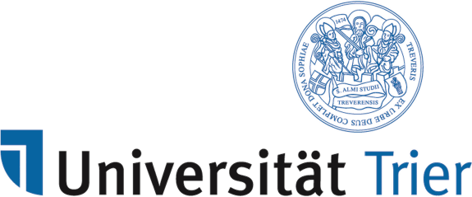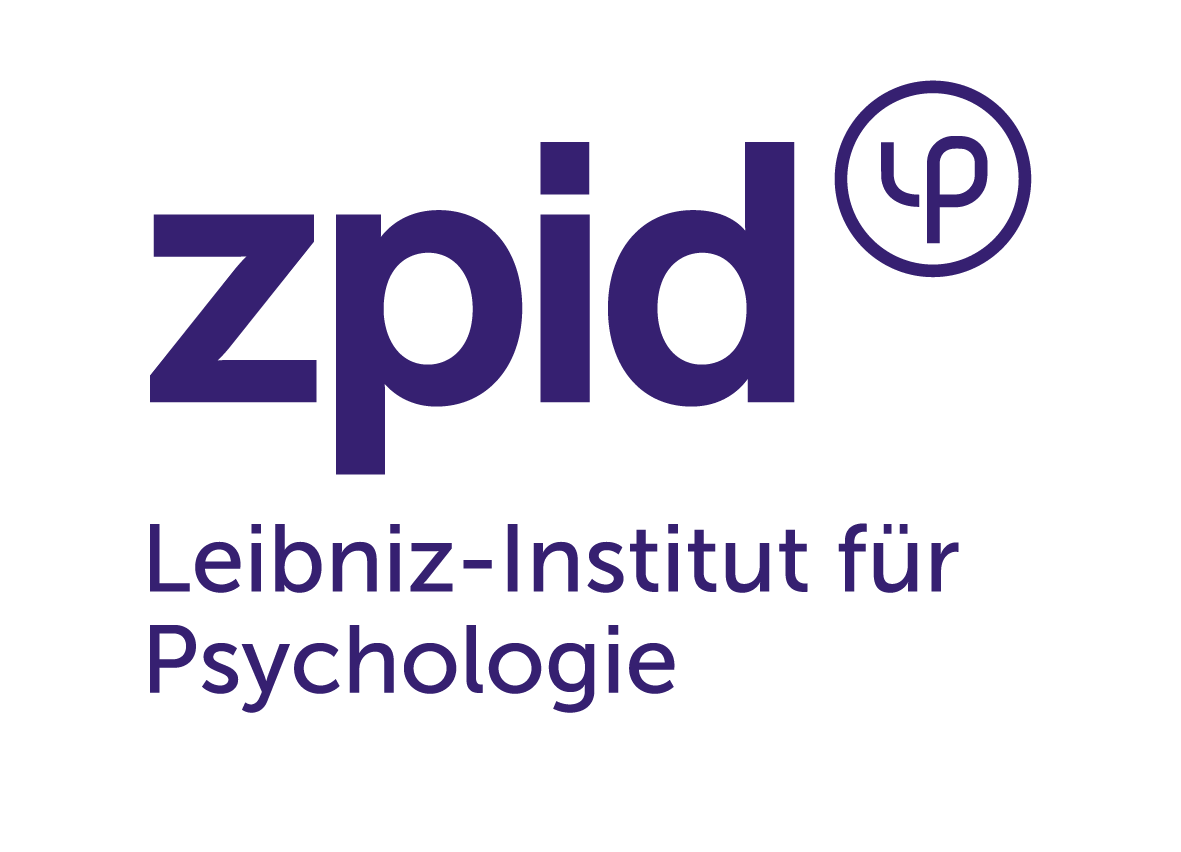The PODMAN project — How to make research data management a personal resource!?
Katarina Blask1, André Förster1, Marina Lemaire1, Gisela Minn1, Erich Weichselgartner², Georg Müller-Fürstenberger1
1 University of Trier
²ZPID — Leibniz Institute for Psychology Information, Trier
Fachgruppe: Methoden und Evaluation
Do we have a replication crisis? Is bad scientific conduct a significant problem? Even though the majority of psychological researchers would agree, only a minority recognizes research data management (RDM) as a solution to these issues. Instead, RDM is still perceived as a wicked problem by many researchers and service providers, resulting in a wide variety of avoidance responses. This is of little help in many ways, because researchers should perceive RDM as a resource to optimize their research output. However, why is avoidance the prevailing response when it comes to RDM? In our project, we start from the assumption that the main reasons for this misperception are uncertainty and a lack of incentives. That is, researchers and other actors (e.g., supporting staff from libraries and computer centers) involved in RDM often do not know how and why they should do RDM. Taking the perspective of all these persons confronted with RDM, we try to conceptualize an optimized RDM process, wherein these questions have not to be posed any longer and RDM can be recognized as the personal resource it actually is.



